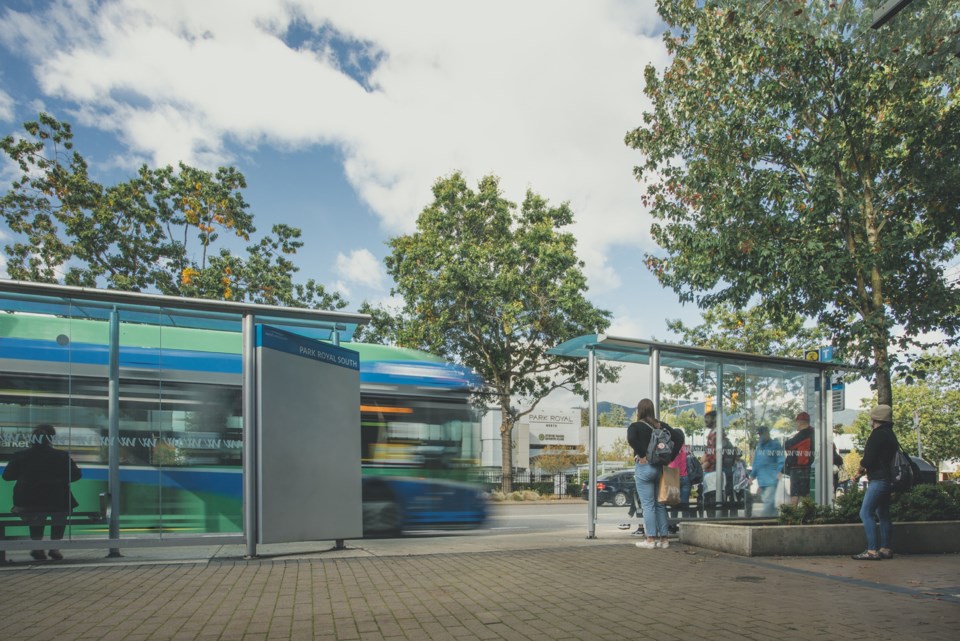People-friendly streets, rapid transit and automated vehicles could be on the long-term horizon for not only Delta, but all of Metro Vancouver, TransLink outlined to Delta council on Oct. 4.
The latest regional transportation strategy, which recently moved to its third and final phase, sets the “vision, goals, strategies and key initiatives for Metro Vancouver for the next 30 years” reads TransLink’s website, and covers a wide range of transport.
During phase two of Transport 2050, which ran from April to May, TransLink gathered feedback specifically on the draft goals and three transformative actions, which were explained to council by Eve Hou, manager of Policy Development at TransLink.
The draft’s goals, which are intended to guide the region based on people’s shared values, concerns and priorities, were centred around convenience, reliability, affordability, safety and comfortability and sustainability through offering carbon-free choices.
“Through that engagement process, we heard that those goals are very much on the right track and were supported by people of various demographics and across the region and various subregions,” said Hou.
Transformative actions laid out in Transport 2050 include designing people-first streets that invite people to walk, bike and roll, building fast, frequent and competitive rapid transit, and finally, providing automated vehicles that provide access to car trips.
“We’re very excited, separately but related [to Transport 2050], for the ongoing planning work for the Scott Road RapidBus and the opportunity to build on that success in the future along the Scott Road corridor in the next 30 years,” said Coun. Dylan Kruger.
Consultation on the proposed R6 RapidBus route, which would stretch between Newton Exchange and Scott Road Station, runs until Friday, Oct. 8.
“The R6 would operate primarily on Scott Road, home to the region’s fourth busiest route and the busiest route south of the Fraser,” reads the Sept. 21 TransLink press release.
The next round of public engagement for Transport 2050 will begin Oct. 12 and run for about three weeks, said Hou, and it will be done entirely online through surveys, workshops and elected officials meetings.
For more information about Transport 2050, visit https://www.transport2050.ca/.



